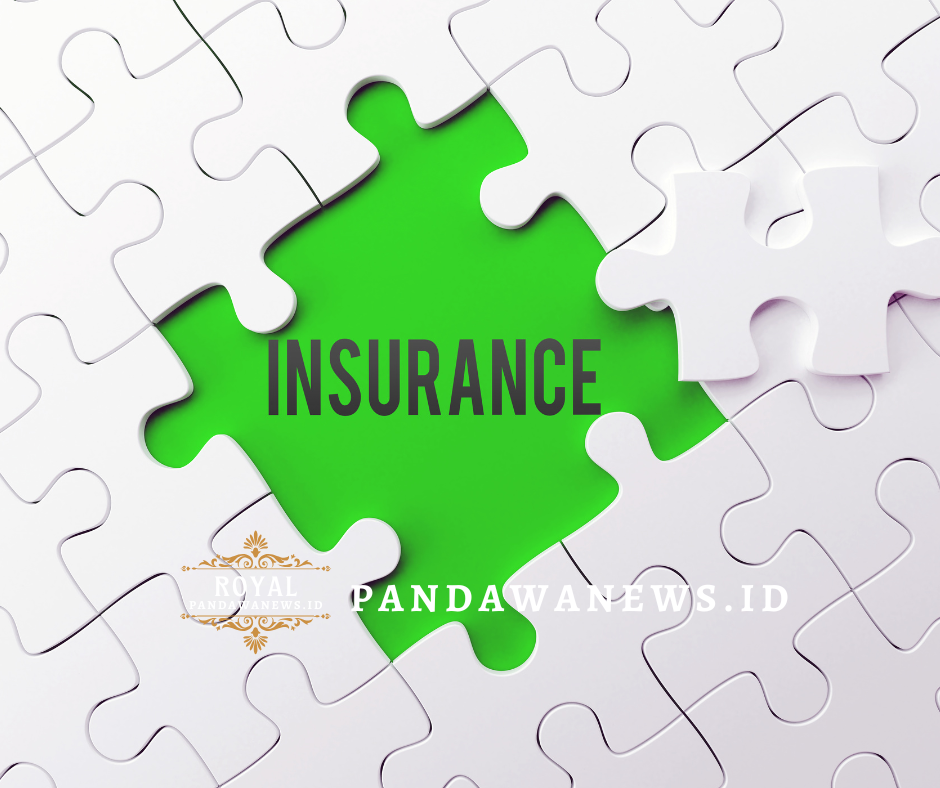Bundling insurance—purchasing multiple policies (like auto, home, and life) from the same provider—is a popular strategy to save money and simplify coverage. But is bundling really worth it for everyone?
This guide explores the advantages and disadvantages of bundling insurance so you can make the best decision for your needs.
What Is Bundling Insurance?
Insurance bundling means purchasing two or more policies from the same company, typically resulting in a discount on premiums.
Common Bundles Include:
-
Home + Auto
-
Auto + Renters
-
Auto + Life
-
Business + Liability + Property
✅ Pros of Bundling Insurance Policies
1. Discounted Premiums
Most insurance companies offer multi-policy discounts, often ranging from 5% to 25%, which can significantly lower your total insurance costs.
Example: Save $300+ annually by bundling auto and home insurance.
2. Convenience
Manage all your policies in one place with a single account, bill, and agent—no more juggling multiple companies or apps.
3. Better Customer Service
Loyal customers often receive priority support, faster claims processing, or dedicated agents for bundled accounts.
4. Fewer Coverage Gaps
Having one provider helps align policy details, reducing the risk of overlaps or missed coverage.
Example: A bundled homeowner’s policy may include additional auto coverage for parked cars in your driveway.
5. Streamlined Claims Process
In case of a disaster affecting multiple assets (e.g., fire damaging your home and car), dealing with one insurer can speed up claim settlements.
❌ Cons of Bundling Insurance Policies
1. Not Always Cheaper
While bundling can save money, it’s not guaranteed. Sometimes, separate specialized policies from different providers may offer better rates or coverage.
2. Limited Flexibility
Bundling often ties you to one provider, making it harder to shop around for the best deal on individual policies.
You might be overpaying for auto insurance but hesitant to switch because it’ll cancel your home insurance discount.
3. Complex Policy Terms
Bundled policies may come with complicated terms or hidden conditions. Some discounts only apply after a certain time or payment structure.
4. Over-Insurance Risk
You may be upsold on unnecessary policies just to “complete the bundle,” leading to higher premiums for coverage you don’t need.
5. Not All Insurers Offer All Products
Some companies may not offer the specific policies you need—forcing you to compromise on coverage quality just to stay bundled.
How to Decide if Bundling Is Right for You
Ask yourself:
-
Do I trust one provider with all my needs?
-
Will the discount outweigh what I’d save by comparing individual policies?
-
Am I comfortable with fewer options in the future?
✔️ Good Candidates for Bundling:
-
Homeowners with vehicles
-
Families with multiple drivers
-
Small businesses seeking comprehensive commercial insurance
Pro Tips for Smart Bundling
-
Always compare individual quotes against bundled quotes.
-
Reassess your bundle annually to ensure it’s still saving you money.
-
Use independent insurance agents to help you evaluate options across providers.
-
Don’t hesitate to unbundle if it results in better savings or coverage.
Conclusion: Is Bundling Insurance Worth It?
Bundling insurance can offer real savings and convenience—but it’s not a one-size-fits-all solution. Evaluate your financial goals, risk profile, and coverage needs before committing to a bundle.
Balance is key: look for value, not just discounts.










